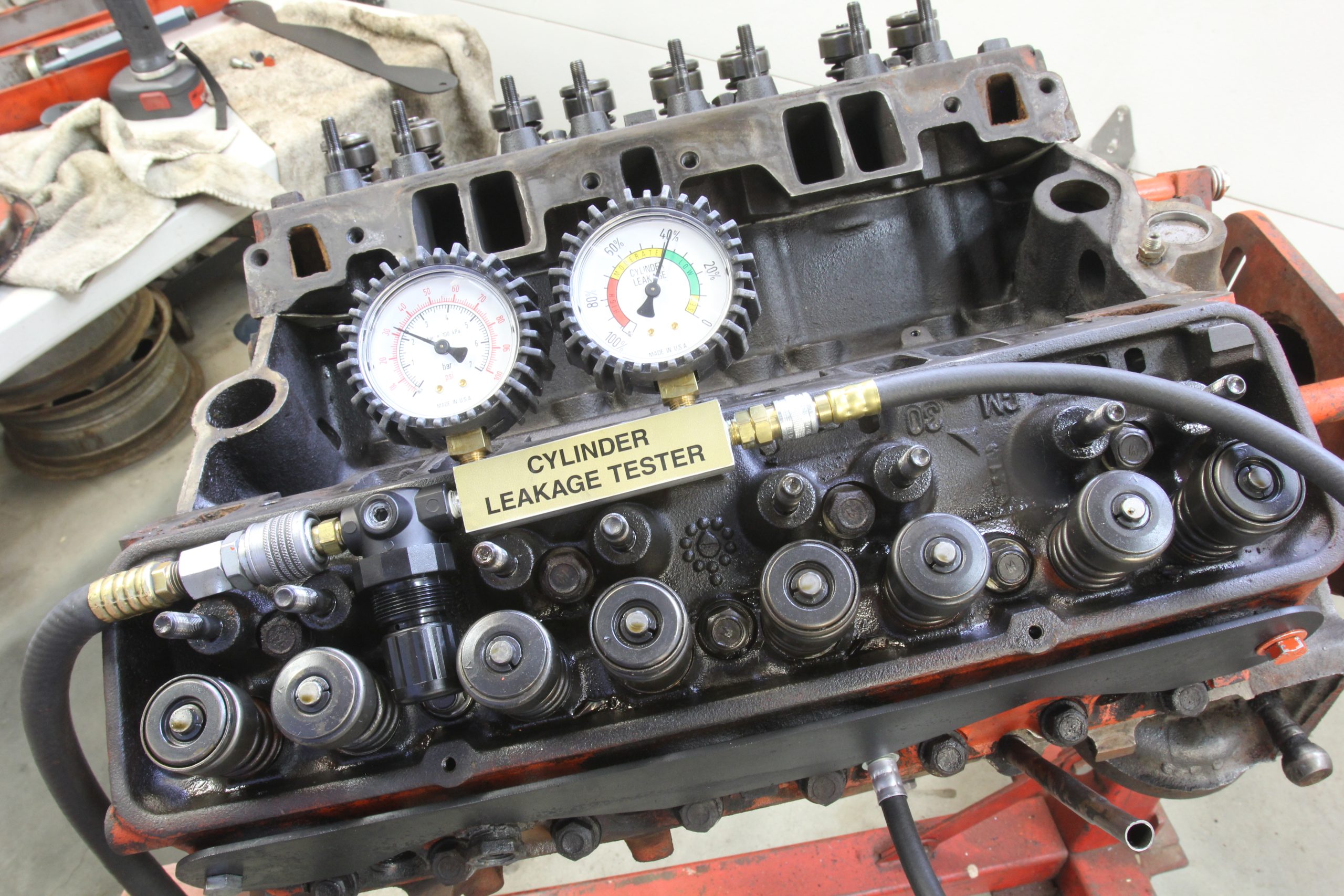I have a 2016 Explorer Sport 3.5L Twin Turbo Ecoboost Engine. I use Mobile 1 Full Synthetic oil. The owners manual calls for 5W-20 but the oil filler cap says 5W-30 on it. I have been using the 5W-30 all along. Am I using the right oil viscosity? Thoughts?

Oil Dicrepancy
Joined
·
364 Posts
Original north american oil spec should have been 5W-20, BUT, the history behind that is that they only changed from 5W-30 to 5W-20, to raise fuel economy averages, well that and modern 5W-20 semi-synthetic is better quality than yesteryear's 5W-30 dino oil.
However, the same is still true today and more so. A high quality full synthetic 5W-30 will give you better engine protection than same quality syn. 5W-20, but slightly worse fuel economy. I'd take the protection over the minor fuel economy difference, though if I were north of the border, in Canada, then I'd go with a synthetic 0W-20.
However, the same is still true today and more so. A high quality full synthetic 5W-30 will give you better engine protection than same quality syn. 5W-20, but slightly worse fuel economy. I'd take the protection over the minor fuel economy difference, though if I were north of the border, in Canada, then I'd go with a synthetic 0W-20.
Joined
·
364 Posts
♦Many mechanics have a bad attitude towards 5w20 oil, and this is how they explain that the engine burns it when accelerating to 4000 rpm on the tachometer. Everyone says that 5w30 should be poured into a 3.5 atmospheric engine. But Ford does not think so.
Waste of time arguing this as it has been debated for decades and the proof is out there.Many mechanics have a bad attitude towards 5w20 oil, and this is how they explain that the engine burns it when accelerating to 4000 rpm on the tachometer. Everyone says that 5w30 should be poured into a 3.5 atmospheric engine. But Ford does not think so.
Yes, modern engines have tighter tolerances and can run fine with 5W20 oil, until their tolerances loosen, or they are driven hard, or in a hotter environment.
Oil is always chosen based on all the relevant factors. The primary factor when Ford switched to 5W20, for the same engines that had previously been recommended to run 5W30, was to eek out a slightly higher fleet fuel economy rating, but also, that oil had improved in quality and did not break down as fast so the 5W20 stayed within that viscosity range longer, but then with the improved quality oil, people started recommending extended oil change intervals so we are back to where we started.
Viscosity is about expected operating temperature, since it changes based on temperature. I have never argued not to use the recommended viscosity on a newer vehicle, unless you have a specific reason to.
However if your engine burns oil doing a mere 4000RPM, you should take that into account as burning oil will foul the cats.
Lastly it has nothing to do with whether the engine is naturally aspirated.
Just use what your owner's manual states, as this seems to make the most sense for your situation if you don't know of a reason to change viscosity. There are reasons, but without any, the owner's manual is the best path to follow.
Joined
·
364 Posts
Different gasoline won't change the oil consumption, nor should different brands of same viscosity, except to a very minor amount since the numbers like 5W20 are rounded off to the next 5, and 10, unless it is a very poor quality oil.
I would do a leak down test on the engine cylinders to see if oil is getting past the piston rings and if not, then probably the valve guides.
I would do a leak down test on the engine cylinders to see if oil is getting past the piston rings and if not, then probably the valve guides.
Joined
·
364 Posts
Yes a compression test would help show whether the cylinders and pistons are making a good seal.
I wouldn't worry about which filter and oil brand is the best, yet, because it needs to be determined if the engine cylinders are leaking. The best choice in viscosity of the oil depends on the coldest days it will need to start, when it comes to the extremes of very hot or cold environments. Some people might run different viscosity in summer and winter, if the winter viscosity needs to be very thin for cold winters.
In the US we also have 0W-30 synthetic oil, which might be the best winter choice until you determine what else needs done. Something else that might be helpful is to check the condition of the spark plugs, as you will see a difference if particular cylinders are burning a lot of oil. Some people would just keep adding oil as it is cheaper than an engine repair, but eventually it may foul the catalytic converters and O2 sensors. There is more info here:

 www.onallcylinders.com
www.onallcylinders.com
I wouldn't worry about which filter and oil brand is the best, yet, because it needs to be determined if the engine cylinders are leaking. The best choice in viscosity of the oil depends on the coldest days it will need to start, when it comes to the extremes of very hot or cold environments. Some people might run different viscosity in summer and winter, if the winter viscosity needs to be very thin for cold winters.
In the US we also have 0W-30 synthetic oil, which might be the best winter choice until you determine what else needs done. Something else that might be helpful is to check the condition of the spark plugs, as you will see a difference if particular cylinders are burning a lot of oil. Some people would just keep adding oil as it is cheaper than an engine repair, but eventually it may foul the catalytic converters and O2 sensors. There is more info here:

Ask Away! with Jeff Smith: What Will a Compression or Leakdown Test Tell Me About My Oil Consumption Problem?
Automotive expert Jeff Smith explains the difference between a compression test & a leakdown test—and when you need to use each one.
 www.onallcylinders.com
www.onallcylinders.com
-
?
-
?
-
?
-
?
-
?
-
?
-
?
-
?
-
?
-
?
-
?
-
?
-
?
-
?
-
?
-
?
-
?
-
?
-
?
-
?
- posts
- 7.8K
- members
- 7.5K
- Since
- 2013
A forum community dedicated to Ford Explorer owners and enthusiasts. Come join the discussion about performance, modifications, classifieds, troubleshooting, maintenance, and more!
Explore Our Forums



